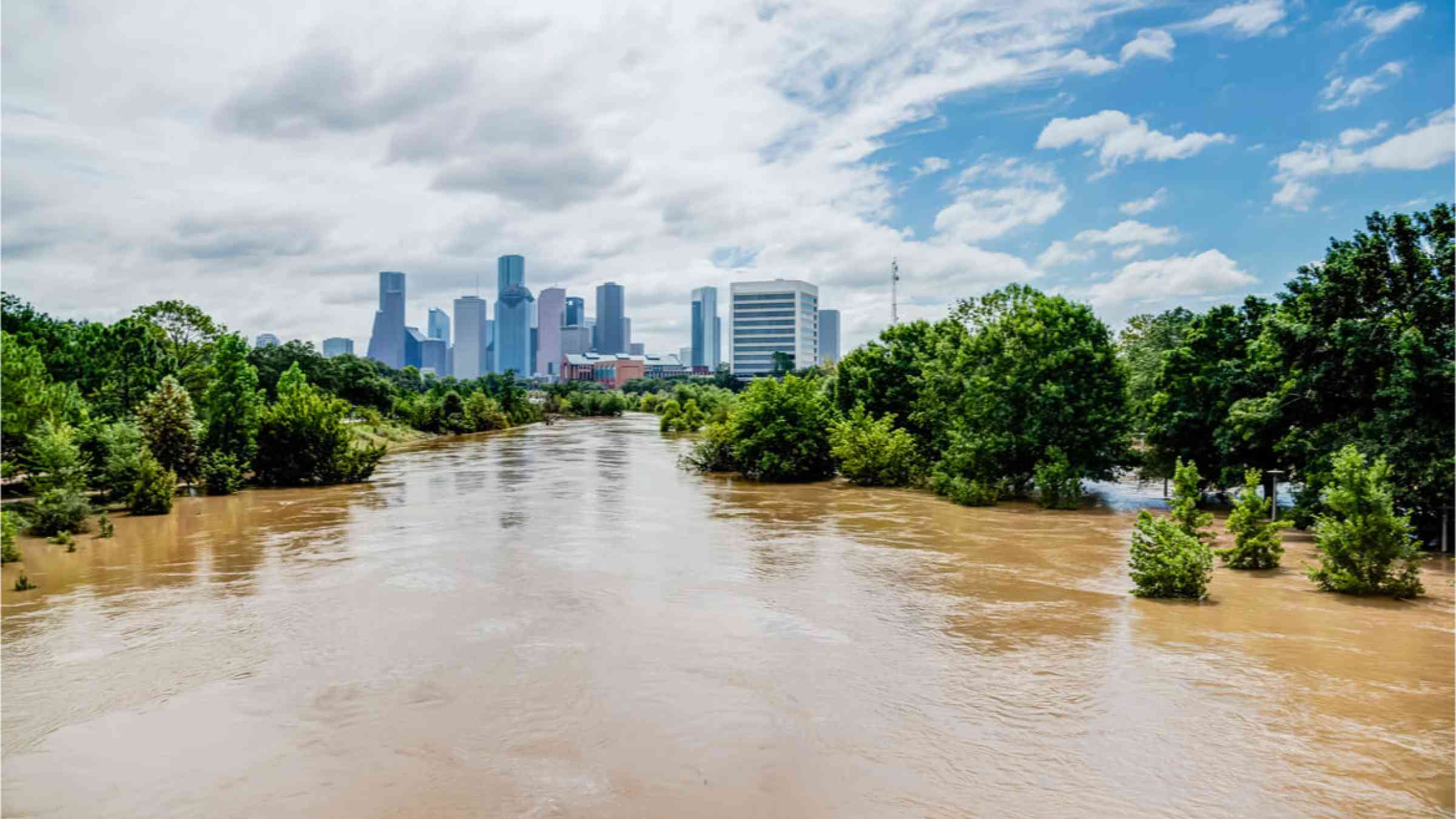WRC5 Technical Session: Exploring Anticipatory Financing to Address Recovery Needs
Watch this session on-demand
Anticipatory financing is a mechanism that allows the release of pre-planned funds in the event of imminent disaster or a shock event, which significantly speeds up response and recovery efforts, running ahead of traditional financial aid provision and economic recovery, which require a lot more time and coordination (Weingärtner & Wilkinson, 2019). That said, anticipatory financing should not be understood as a substitute for investment and action to reduce vulnerability and ensure long-term recovery, but should instead be seen as an integral component of disaster risk management, recovery, adaptation and resilience (ODI, 2020).
To be effective, FdF and anticipatory financing require planning, dedicated funding, establishing systems and distributing roles to stakeholders. Options could be diverse and should be applicable to the local context. This requires improved understanding of the benefits of anticipatory financing, the mechanisms behind it, how it can be integrated into existing policy and practice, and how can different stakeholders contribute and engage in this process.
Session objectives
- Discuss the role of anticipatory financing for recovery
- Identify gaps and opportunities for the establishment and adoption of anticipatory and forecast-based financing mechanisms for improved and more resilient recovery
- Provide examples and share practices from the implementation of anticipatory financing approaches >
- Identify stakeholders’ roles and engagement
Moderator
- Mr. Abhilash Panda, Deputy Chief for Intergovernmental processes, Partnerships Branch and the Head for Infrastructure Resilience, the United Nations Office for Disaster Risk Reduction (UNDRR)
Speakers
- Mr. Ronald Jackson, Head of the Disaster Risk Reduction, Recovery for Building Resilience, UNDP, and Chair of the International Recovery Platform Steering Committee
- Mr. Matthias Amling, Senior Desk Officer Humanitarian Assistance, Auswärtiges Amt – Federal Foreign Office, Government of the Federal Republic of Germany
- Ms. Cristel Pratt, Assistant Secretary-General, Environment and Climate Action, Organization of African, Caribbean and Pacific States (OACPS)
- Ms. Aisha Jamshed, Director for Welthungerhilfe Pakistan, Coordinator for Start Network's Disaster Risk Financing (DRF) for Pakistan
- Ms. Quynh Tran, Humanitarian Affairs Officer, Policy Branch, UNOCHA
- Ms. Kara Siahaan, Head of the Anticipation Hub
Learn more
Where do we stand
Disasters and negative climate change impacts are quite often predictable. Using data and tools for risk assessments and forecasts is now possible, rendering early action not only possible but morally imperative (Weingärtner & Wilkinson, 2019; British Red Cross, 2022).
Governments worldwide are now spending vast sums of money on economic recovery to counter the impact of COVID-19, which will significantly influence our ability to deliver a green, resilient recovery. COVID-19 and complex disasters have highlighted the need for more investment in ex-ante resilience and the economic stimulus packages are an opportunity to address multiple risks, including climate change impacts.
Forecast-based financing (FbF), and anticipatory actions and financing are early-action approaches which are gaining more and more attention and traction with the humanitarian agencies, donors, and disaster risk respondents as mechanisms for providing critical support to endangered communities and for ensuring faster and more sustainable recovery. Anticipatory financing is a mechanism that allows the release of pre-planned funds in the event of imminent disaster or a shock event, which significantly speeds up response and recovery efforts, running ahead of traditional financial aid provision and economic recovery, which require a lot more time and coordination (Weingärtner & Wilkinson, 2019).
Session guiding questions
- How do anticipatory financing and FbF support recovery efforts?
- How can we encourage adopting anticipatory financing policies and practices for recovery at the national level?
- What incentives can governments provide to the private sector and other stakeholders to invest in anticipatory financing?
- What are the main obstacles and opportunities in adopting such approaches and how can those be overcome?
- What are some good examples of applied anticipatory financing?

Agenda
Location
BICC Ground Floor
Online access
Participation
Open to those registered for the conferenceInterpretation
EN, FR, ESDetails
Contact
Helen Ng helen.ng2@gmail.com; Erick Gonzales Rocha erick.gonzalesrocha@un.org